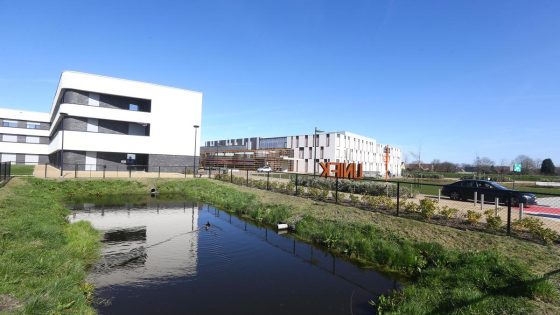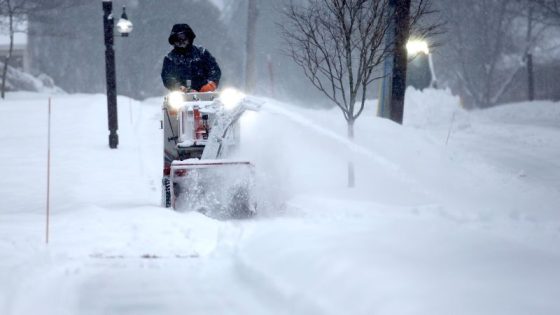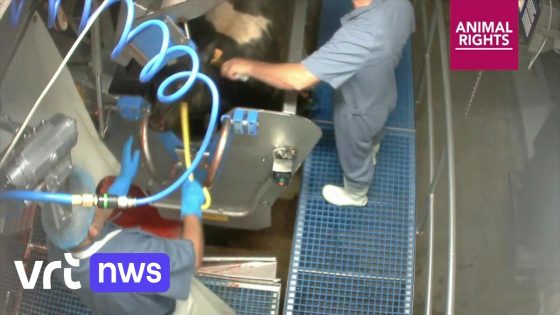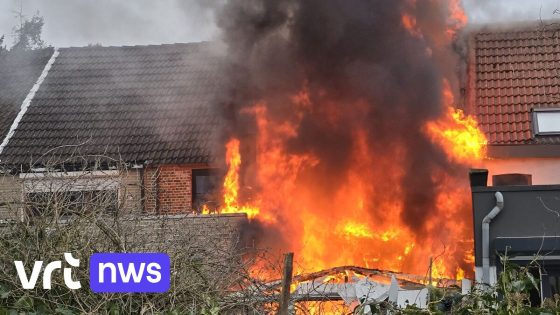A recent poll reveals a dramatic shift in the political landscape of Ripoll, highlighting Aliança Catalana’s rise as a dominant force. As of January 26, 2025, the party is on the verge of achieving an absolute majority, capturing 40.2% of voter intention. Could this be a turning point for local governance in the region?
- Aliança Catalana leads with 40.2% support.
- Junts' support plummets to 6.7%.
- PSC rises to second place with 17.9%.
- ERC drops to 10.1% in voter intention.
- CUP falls significantly to 3% support.
- Increased voter turnout estimated at 67-69%.
Aliança Catalana’s Surge: What Does It Mean for Local Politics?
What factors are driving Aliança Catalana’s impressive rise in Ripoll? The latest survey indicates a significant increase in support compared to the 2023 elections. With the party led by Sílvia Orriols, it is poised to gain additional seats, solidifying its leadership in the municipality.
Junts Faces Decline: A New Era for Ripoll?
Junts, once a prominent player in Ripoll, has seen its support plummet to just 6.7%. This stark decline raises questions about the party’s future and relevance in local politics. What led to this downfall, and how will it affect the community?
Key Factors Behind Aliança Catalana’s Success
Several elements contribute to Aliança Catalana’s rise:
- Strong local engagement and community outreach.
- Effective communication of localist and independentist values.
- Increased voter turnout, estimated between 67% and 69%.
- Declining support for traditional parties like Junts and CUP.
The Impact of Voter Turnout on Election Results
Higher voter participation can significantly influence election outcomes. In Ripoll, the anticipated turnout surpasses previous years, suggesting a mobilization of local support for Aliança Catalana. This trend may encourage other political parties to adapt their strategies to engage voters more effectively.
Future Implications for Ripoll’s Political Landscape
The changing dynamics in Ripoll’s political scene could set the stage for new governance styles. As Aliança Catalana approaches an absolute majority, the implications for local policies and community initiatives are profound. Will this shift inspire other regions in Spain to follow suit?
In conclusion, the political landscape in Ripoll is evolving rapidly, with Aliança Catalana at the forefront. As the community navigates these changes, the outcomes of the upcoming elections will be crucial for shaping the future of local governance.

































